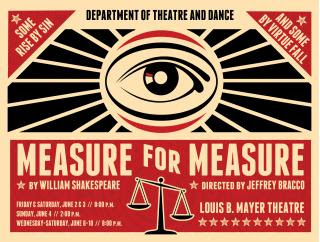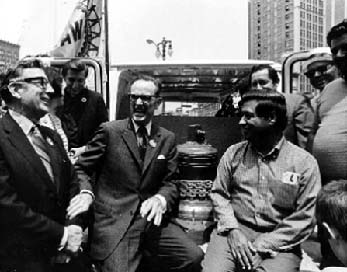 |
| Banana in Ernie's Ear Shows He Isn't Listening to Bert |
How often do we see others in pain, but ignore it? How often do we hear the cries of others, but don't listen?At this season of short days, our vision often is obscured by darkness. Our hearing often is dulled by long nights in our own homes.
This week's Torah portion and the festival of Chanukah come together this week as a kind of warning and an inspiration.
The warning comes when Joseph's brothers believe that they caused their own current distress two decades earlier when they first tried to kill Joseph then sold him into slavery. They are not yet even aware that the Egyptian viceroy who is toying with them is, in fact, Joseph. They say to each other, "We saw [Joseph's] pain and ignored it. We heard his cries, but paid no attention to them." (Genesis 42:21.) It is a startling revelation.














